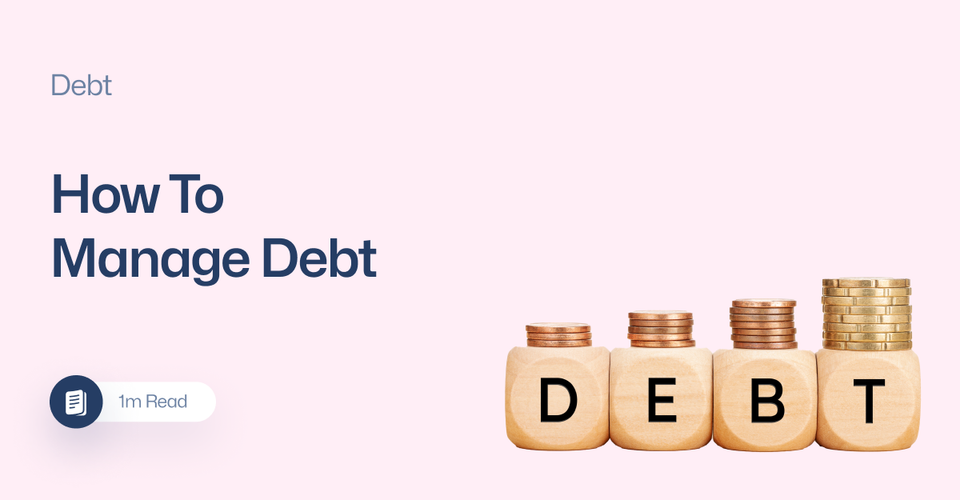How To Manage Debt

Debt is a common part of modern life, whether it’s student loans, credit card balances, or a mortgage. However, managing debt effectively is crucial for maintaining financial health and achieving long-term goals. In this article, we will explore practical strategies for managing debt, ensuring you can take control of your finances and reduce financial stress.
1. Understand Your Debt
Before you can manage your debt, you need to have a clear understanding of how much you owe and to whom. Start by making a list of all your debts, including credit cards, personal loans, student loans, mortgages, and any other outstanding payments. Include details like interest rates, minimum payments, and due dates. This will give you a comprehensive view of your debt and help you prioritize.
2. Create a Budget
A budget is one of the most effective tools for managing debt. By tracking your income and expenses, you can determine how much you can realistically allocate toward debt repayment each month. Be sure to account for essential expenses like rent, utilities, groceries, and transportation, and allocate the rest toward debt reduction. A well-planned budget will also help you avoid accumulating new debt.
3. Prioritize High-Interest Debt
Not all debt is created equal. Some debts, particularly those with high-interest rates like credit cards, can quickly spiral out of control. To manage your debt effectively, prioritize paying off high-interest debt first while making minimum payments on other loans. This strategy, known as the debt avalanche method, reduces the overall cost of your debt over time by minimizing the interest you pay.
4. Consider Debt Consolidation
Debt consolidation can be a helpful strategy if you have multiple high-interest loans. This involves combining all your debts into one loan with a lower interest rate, making it easier to manage payments and potentially saving you money. There are several options for consolidating debt, including personal loans, balance transfer credit cards, and home equity loans. However, it’s important to evaluate whether consolidation is the right move for your specific financial situation.
5. Avoid New Debt
While working to pay off your current debts, avoid taking on new debt whenever possible. This means limiting credit card use, avoiding large purchases on credit, and living within your means. Resist the temptation to open new lines of credit or finance unnecessary items that can increase your debt load.
6. Negotiate with Creditors
If you're struggling to make payments, it’s worth reaching out to your creditors to discuss options. In some cases, they may be willing to lower your interest rate, reduce your monthly payment, or create a more manageable repayment plan. While this may not always be possible, many lenders are open to negotiation, especially if you have a history of making payments on time.
7. Set Up Automatic Payments
Missing payments can lead to late fees and damage your credit score, making debt harder to manage. One way to avoid this is by setting up automatic payments for your debt obligations. Most lenders and financial institutions offer the option to automate payments directly from your bank account, ensuring you never miss a due date.
8. Build an Emergency Fund
One of the most common reasons people fall into debt is unexpected expenses, such as medical bills or car repairs. To avoid relying on credit in emergencies, it’s important to build an emergency fund. Even a small amount set aside each month can add up over time, providing a financial cushion when unexpected costs arise.
Debt can be a source of stress, but with careful planning and disciplined habits, it’s possible to manage and eventually eliminate it. Managing debt is not an overnight process; it requires consistency and patience. Small steps can lead to significant financial freedom over time, and by adopting these strategies, you can work toward reducing your debt and building a solid foundation for financial health.




Comments ()